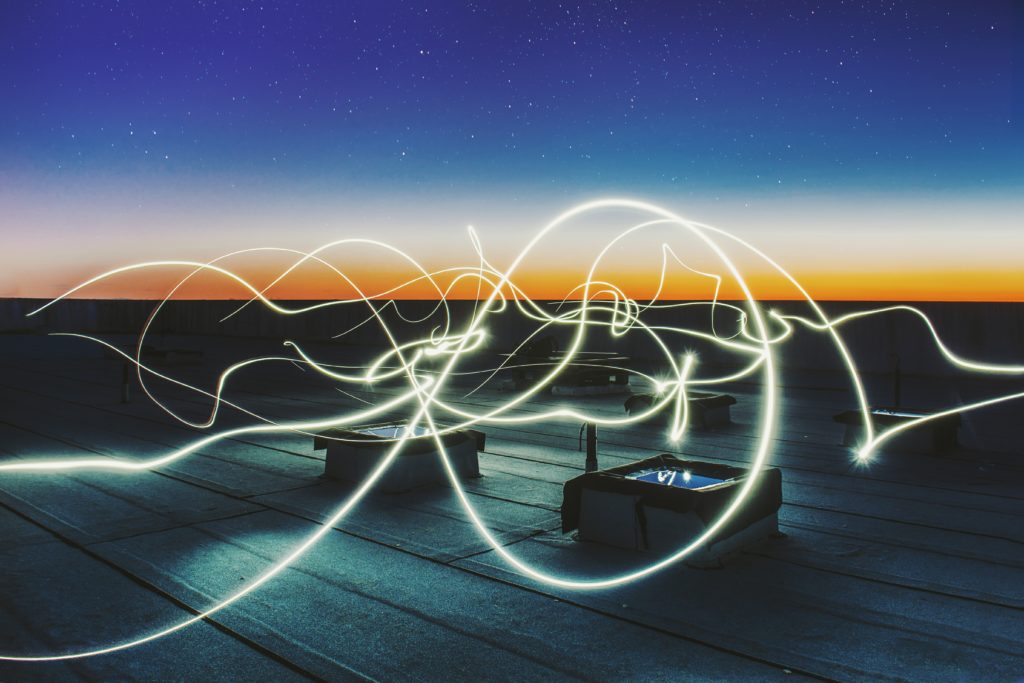Introduction
As you read this article, you will begin to understand the differences between the conscious and sub-conscious (also known as the unconscious) minds and the roles each play. Each part of the mind plays a crucial part in how we live our lives, what we focus on, and the results that we achieve. When we understand how our mind works, we can use the mind to create what we want. Unfortunately we can also use the power of our mind to create what we don’t want. The mind was described by Freud as an ice berg; the conscious mind is the part of the mind that is above water and the unconscious is the massive part of the mind that is below the water.

The Conscious Mind
The conscious mind is the part of the mind that we are most familiar with. This is also known as the critical faculty in hypnosis terms. The conscious mind is focused on the here and now; it’s the part of your mind that involves all of the things that you are currently focusing on and aware of. This is the part of your mind that focuses on tasks that require our complete attention such as when working on a deadline for work or knowing that you have to meet a friend for coffee at 4pm. The conscious mind is responsible for will power for example when a person does a diet by normal means, they consciously use every ounce of their will power to try and stick to a very bland and boring diet.
Role Of The Conscious Mind
The conscious mind also is the part of the mind tends to defend the beliefs, values, etc of the unconscious mind. For example if I told you that cows have sprouted wings and fly, your critical faculty would most likely say “yeah right” or at least I hope it would. The conscious mind is also like the captain of the ship that steers the ship in the direction it should go and the unconscious mind is the ship. The conscious mind says “I want to achieve X goal
Effort Vs Efficiency
The conscious mind requires a lot more energy to operate than the unconscious mind, which is one reason why when we learn something brand new such as a new type of career or subject in school it can be very stressful making the transitions. It requires far less energy for the brain to run on autopilot which is why once you know have mastered something, you can do it without having to think about it such as driving. The conscious mind is very logical and thinks rationally in terms of time, dates, information and logically makes decisions. With our conscious minds we think of goals, dreams, and ideas. Our brains are like the ultimate computer; the conscious mind is the ram and the unconscious is like the hard drive where all of the information and programs are stored.

The Unconscious Mind
The unconscious mind is the 90% of the mind that operates outside of our awareness. The unconscious mind stores all of our memories, experiences, beliefs, values, habits, programs, and emotions. What does this mean? This means that the unconscious operates based on what we hold within our memories as opposed to logic. For example if a man has a fear of a snake, when he sees the snake, his amygdala automatically fires the fear state out of conscious control and the fear takes over.
Most likely no amount of logic or rational thinking will help this man overcome this fear of snakes. The unconscious mind stores all of our experiences, even experiences that we don’t consciously remember or forgot about. The unconscious mind can create associations at random. For example if you had a favorite song with your high school sweet heart, you can hear that song 25 years later and your high school sweet heart will still come to your mind.

Emotions Instead of Logic
90% of our actions are emotionally driven and not driven by logic. Within our unconscious we have memories (pleasant, bad, and mundane). Our emotions code the memories depending on the associations and meanings that we gave to those memories. Now I would like you to think of a very positive memory with strong emotions such as getting that favorite bike when you were a kid, or perhaps you made the game winning basketball. Notice where in your body that you feel those positive emotions.
When you find those feeling in your body, notice if those feelings have a color. Now notice what happens when you double the size of that feeling/color. Feels really good right. Now I’m not going to conjure up an unpleasant memory at this time. This example was you tapping into your unconscious resources.

The unconscious also holds and create our sense of identity and who we are. Our identity forms due to the environment that we grow up in ie our parents, schools, authority figures, friends etc. As we grow in these environments, we begin to develop ideas about ourselves (our “I.am” statements). For example if you many experiences of teachers, parents, or peers telling you how smart you are, you’ll most likely develop a generalization about yourself that you are smart.

On the other hand, if you were constantly told how irresponsible you are, you unfortunately likely developed a generalization about yourself that you are irresponsible. We tend to unconsciously act out and perform based on the ideas that we hold about ourselves. These ideas our stored in the unconscious and are very difficult to change through conventional methods or talk therapy.
Unconscious Processes
The unconscious mind is also the part of our minds that tell us to keep breathing at night, tells our organs to carry out their functions, and keeps our blood cells operating the way they should. It also is responsible for healing our bodies when we receive injuries. When we get sick, we don’t have to tell our brain to fight out the invaders, it does it on its own. The unconscious also prefers to run on auto pilot because it is energy efficient. For example you know how to tie your shoes without even thinking about it, but at one point in time it took you a lot of effort and energy to tie your shoes. That’s the difference between conscious competence and unconscious competence. Also at one point in time it was very difficult for you to walk, but now if you want a glass of water you just go and get it without much effort.
Why Is It So Difficulty To Achieve Goals?

The part of us that wants to achieve our goals is the logical part of us that says we want more out of life instead of settling for less. Unfortunately the logical part of us is only about 10% of our minds. The 90% of our minds is very illogical, emotional, and is like a 4 year old child that has a lot of power but doesn’t know how to harness it. That’s the part of our minds that makes it almost impossible to resist having that chocolate cake at midnight when we are desperately trying to stick to a diet. If the goals that we set clash with the goals of the unconscious, then it will be very difficult to overcome those emotional patterns.
For example let’s say that 10% of you wants to lose weight and 90% of you (which also happens to be outside your conscious awareness) happens to want to keep the weight, you’ll have an uphill battle trying to lose the weight. How strong is our will power to avoid that extra pizza when 90% of ourselves is yelling at the 10% like a child with a temper tantrum that I want pizza now? Fortunately there are ways to guide the other 90%.
How To Harness The Power Of The Unconscious?

While the unconscious has a lot of power and resources, it also doesn’t not run on logic or intelligence. That’s where the conscious mind comes in. The conscious mind comes up with the goals or ideas and then through very powerful methods such as hypnosis we can guide the unconscious on where we want it to go.
Other ways of harness the unconscious is to find out the secondary gain that the unconscious gains from unwanted behaviors. For example Jill may overeat doughnuts and she has no idea why. Through coaching she finds out the secondary gain (also known as the positive intention) behind eating the doughnuts is comfort. Now comfort is a great thing to have, so we would get in touch with the feeling of comfort. Then we will find alternative healthier ways to get as much or more comfort as she did with eating doughnuts.
Fortunately there are many different ways to harness the power of the unconscious mind and I will continue to post these processes on this website. Thank you for taking the time to read the article. If you have any questions be sure to email them to Vincent.Blow@thegenesishypnosis.com
